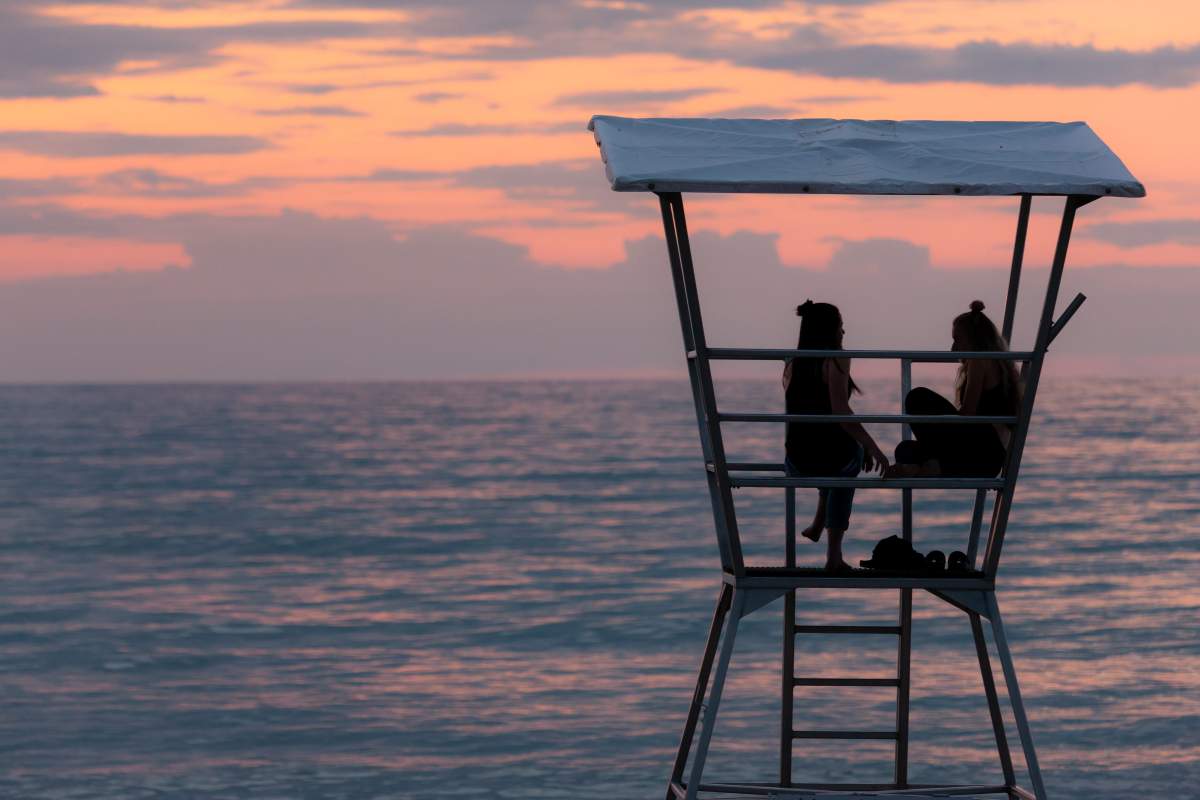UPDATE: As of Thursday, July 22, the warnings for Grand Bend’s north and south beaches have lifted. The warning for C.J. McEwen beach remains in place.

Lambton Public Health is warning the public that it is unsafe to swim at Grand Bend‘s north and south beaches due to E.coli-related water quality concerns.
The warnings, issued Wednesday, are the result of predictive beach modelling tools used to predict E.coli levels based on weather conditions, past beach data, and environmental factors, the health unit says.
A public health inspector tells Global News that the warnings will stay in place “until E.coli levels are predicted to be less than 200 E.coli per 100 mL of water.”
She adds that weather — for example heavy rainfall or high wave activity — tends to “play a major role in our beach postings” and that the health unit usually issues a few beach postings each water quality season, which runs from June to August.

Get weekly health news
Currently, C.J. McEwen Beach in Plympton-Wyoming, which is monitored through what is called persistence modelling, is also listed as “unsafe to swim.”
Lambton Public Health uses predictive beach models to monitor beach water quality daily from Monday to Friday at Ipperwash Main Beach, Bright’s Grove Beach (including Mike Weir Park), and Canatara Park Beach.
The health unit uses its former system, persistence modelling, to monitor water quality on a weekly basis at Pinery Provincial Park and C.J. McEwen Beach.
As of July 21, the only beaches with warnings in place are Grand Bend’s beaches and C.J. McEwen.
Warnings are posted at the beach itself as well as through Lambton Public Health’s water quality status reports. Members of the public can also receive status updates by texting the word “Beach” to 226-909-3003 or by calling the Beach InfoLine at 519-383-3816, toll-free 1-800-667-1839 ext. 3816.













Comments
Want to discuss? Please read our Commenting Policy first.